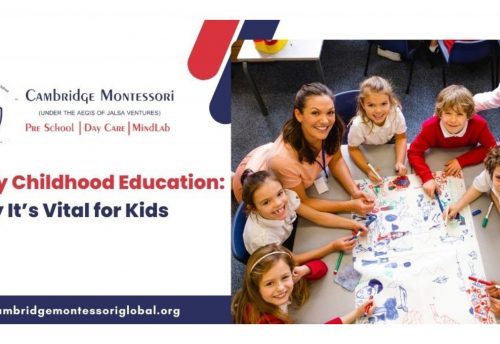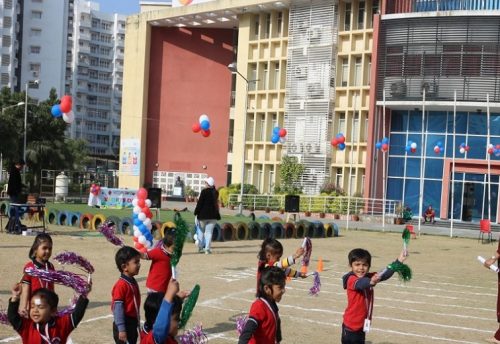
The Importance of Play -Based Learning in Early Childhood Education
Play-based learning is a critical component of early childhood education, providing young children with the opportunity to explore, experiment, and learn in a natural and enjoyable way. A best preschool curriculum incorporates play-based learning to ensure children develop essential cognitive and social skills. Play-based learning has been shown to have numerous benefits for young children, including enhanced creativity, social skills, cognitive development, and language skills.
- One of the primary benefits of play-based learning is that it allows children to engage in hands-on, interactive learning experiences that are relevant to their interests and developmental needs. A best preschool curriculum encourages children to explore and experiment with different ideas, concepts, and materials, helping them develop critical thinking skills and problem-solving abilities.
- Play school-based learning supports the development of social and emotional skills, helping children to build relationships with their peers and regulate their emotions in a positive way. Through play, children learn to negotiate, compromise, and communicate effectively with others, all of which are essential skills for success in school and in life. A well-structured early childhood education program emphasizes these aspects, ensuring a holistic approach to child development.
- Furthermore, play-based learning has been shown to promote cognitive development, including the development of memory, attention, and executive functioning skills. Children who engage in play-based learning activities have been found to have stronger cognitive skills and better academic outcomes than those who do not. A best preschool curriculum integrates these activities to enhance learning experiences.
- In addition to these benefits, play-based learning is also an enjoyable and engaging way for young children to learn, which can help build their enthusiasm for learning and establish a strong foundation for lifelong learning. By engaging in play-based learning activities, children approach learning in a fun and natural way, fostering a love of learning that can last a lifetime.
In conclusion, play-based learning is an essential component of early childhood education, providing young children with the opportunity to learn, grow, and thrive in a natural and enjoyable way. By incorporating a best preschool curriculum, children develop critical skills in a fun and interactive manner, building a strong foundation for future academic success and lifelong learning.
Please find more about early childhood education on www.cambridgemontessoriglobal.org



